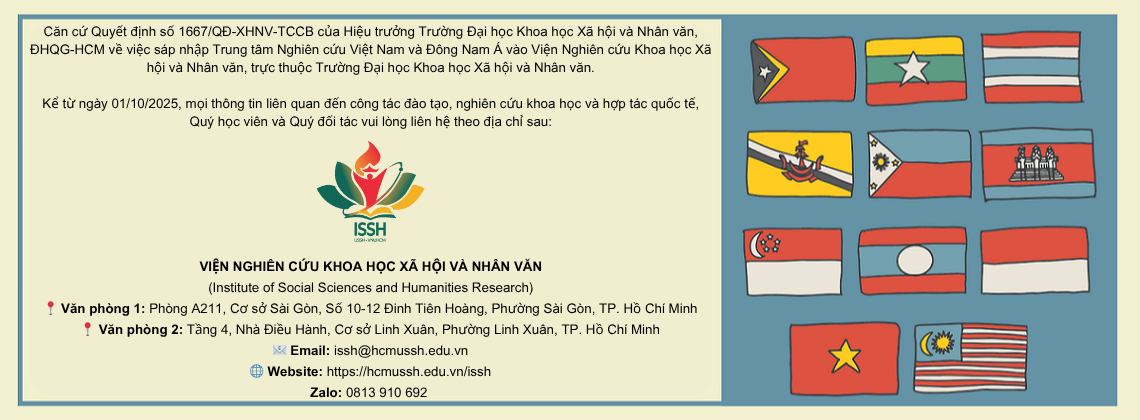A TALK TO STUDENTS FROM NANYANG UNIVERSITY, SINGAPORE IN 2013
, 06/08/2013 09:08Dr. Tran Dinh Lam had a talk on Vietnam’s economy to students from Nanyang University, Singapore, at the HCMC University of Social Sciences and Humanities on July 29.
Dr. Tran Dinh Lam had a talk on Vietnam’s economy to students from Nanyang University, Singapore, at the HCMC University of Social Sciences and Humanities on July 29.
The seminar mainly focused on the policies to develop a stable economy in Vietnam and the issue of investing in human resources in rural areas to reach an economic balance. Overpopulation in cities has been causing uneven development in society. A serious existing problem is the weakness of infrastructure in Vietnam, which is insufficient for industrialization. Roads in rural areas play an essential role; therefore, if the infrastructure in these regions is of poor quality, that will result in lots of obstacles to equal economic growth. Another issue attracting these students’ interest is the development of private sector, which is the key for Vietnam’s progress in the long run. Underwriting state-owned enterprises due to its ineffective business has become a burden on the economy, making difficult for people’s life.
.jpg)
According to the students, practical experience from Singapore has proved that corruption will lead to the erosion of trust in society. The problem which has been raised for the economy is the necessity of transparency and building up an effective system to inspect the implementation of the government’s policies as well as executive bodies to ensure objectivity and earnestness. The procedure for recruiting officials needs to comply with specific standards. Besides, it is essential to have appropriate regulations on wages and allowances to get the country’s affairs done smoothly. The issue of FDI was also mentioned with the initiative for the government’s consistency to ensure stability for investors to Vietnam, otherwise they will look for other markets and Vietnam will lose opportunities for its development.














